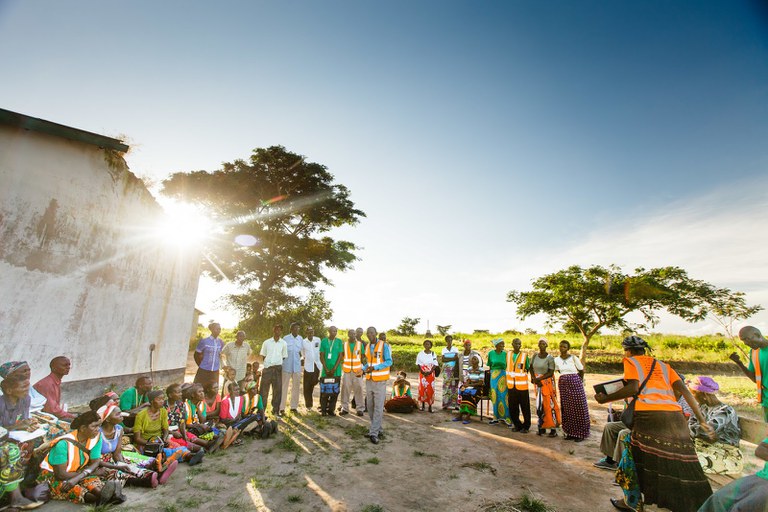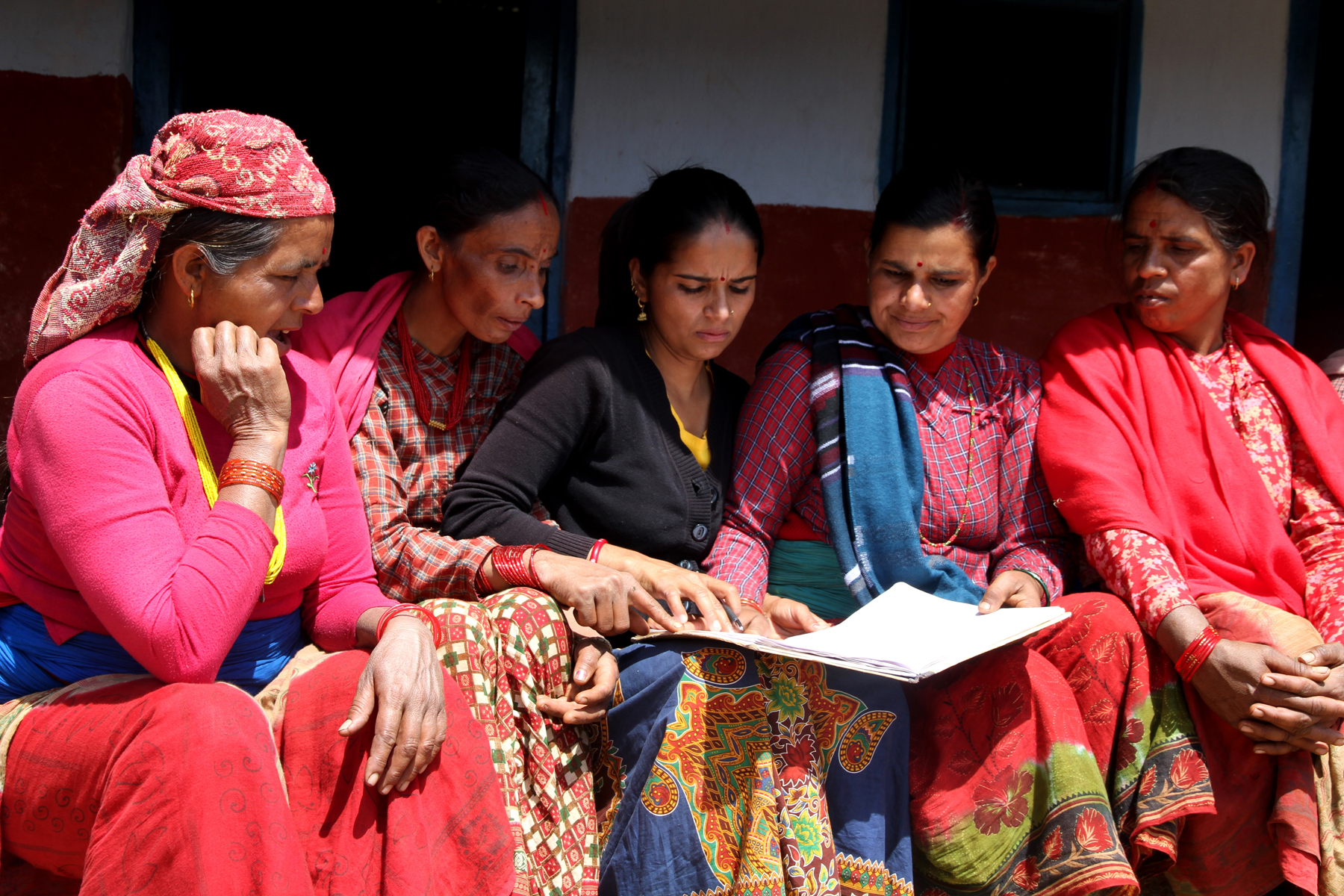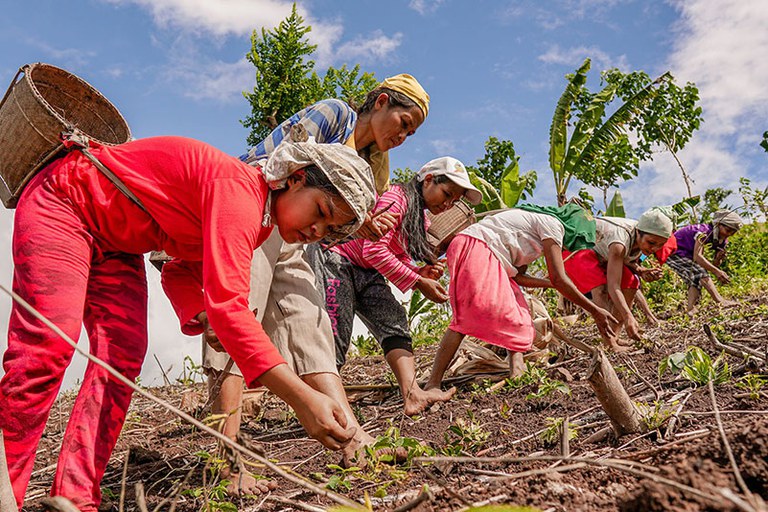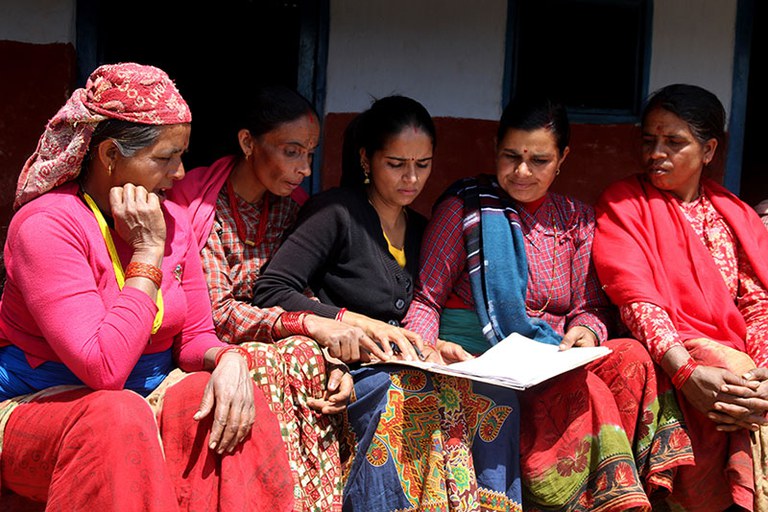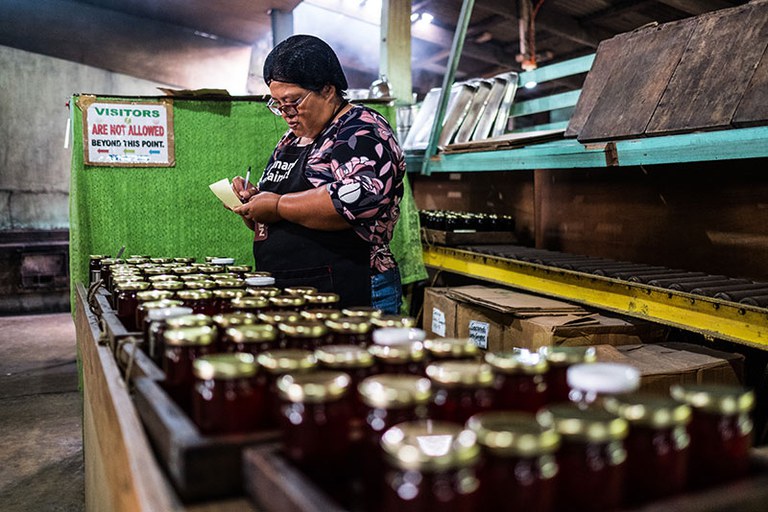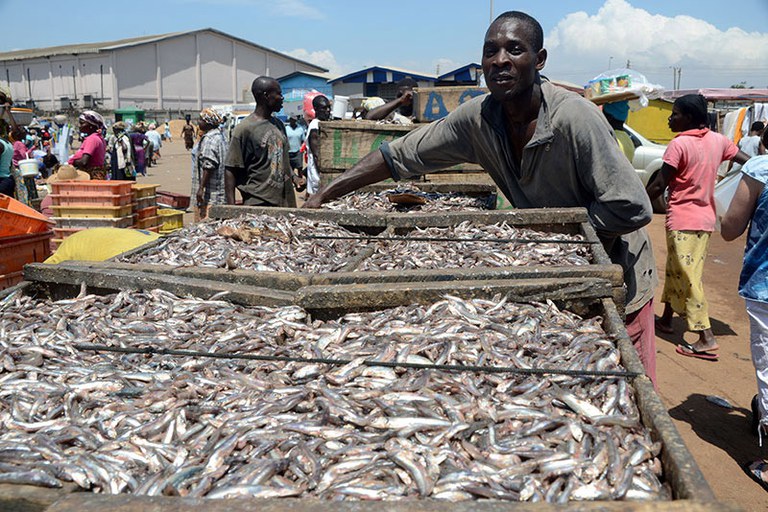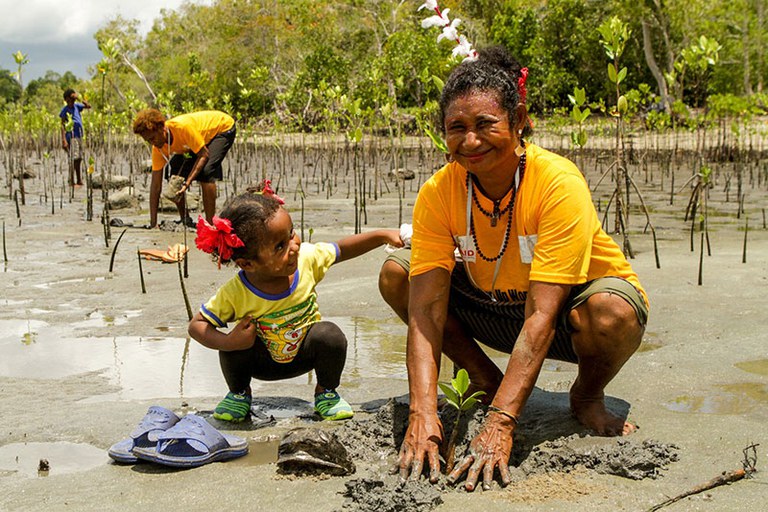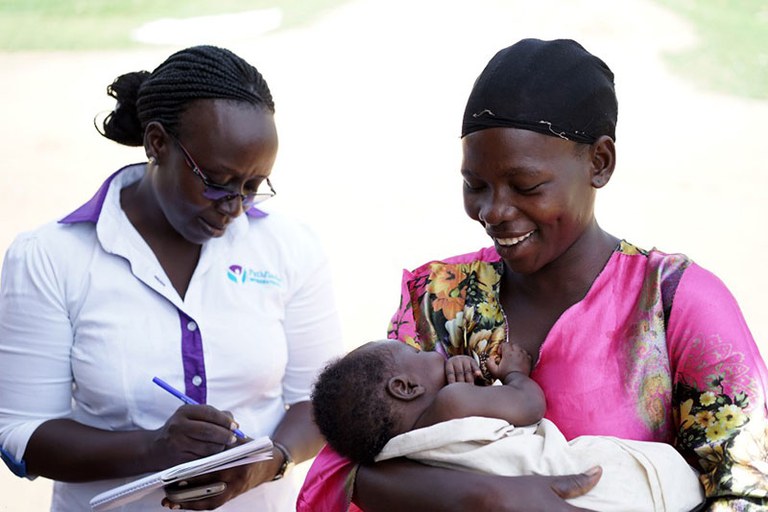Biodiversity is crucial for livelihoods, food security, social stability, and national wealth, and it is often buffeted by the cross-currents of politics and power. Inclusive governance and equitable rights for the access and use of natural resources strengthen biodiversity and promote sustainability. The underlying drivers of biodiversity loss are often democracy, human rights, and governance (DRG) challenges, such as weak institutions, corruption, insecure access to and use rights for natural resources, and lack of participation and transparency in decision-making. Conversely, biodiversity programming often yields substantial and unmeasured benefits for DRG programming, serving as a catalyst to promote DRG outcomes. For example, interventions to improve marine biodiversity conservation in turn support community participation in collaborative management, increase prosecution of environmental crime, and strengthen investments in judicial systems.
Key Information
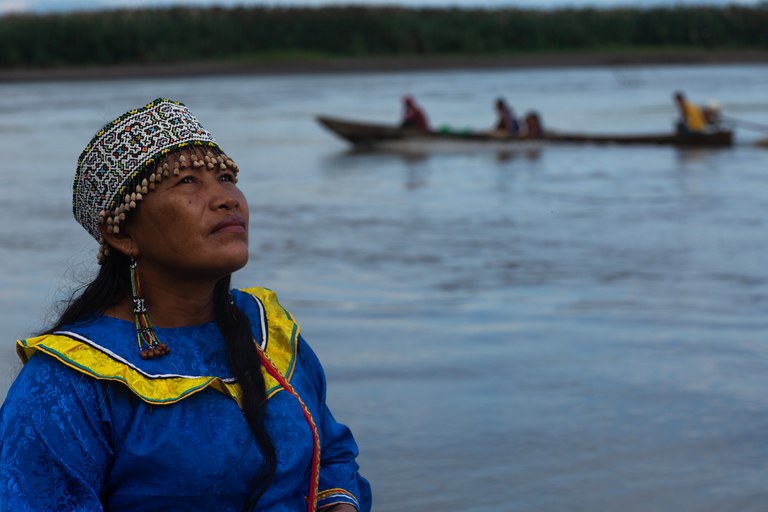
Discussion Note: Thinking and Working Politically and Strengthening Political Economy Analysis in USAID Biodiversity Programming)
Political economy analysis (PEA is an iterative process that examines how power dynamics and socioeconomic forces influence a particular national context, sector, or development problem. PEA can also generate evidence to strengthen cross-sectoral analysis of biodiversity conservation problems.